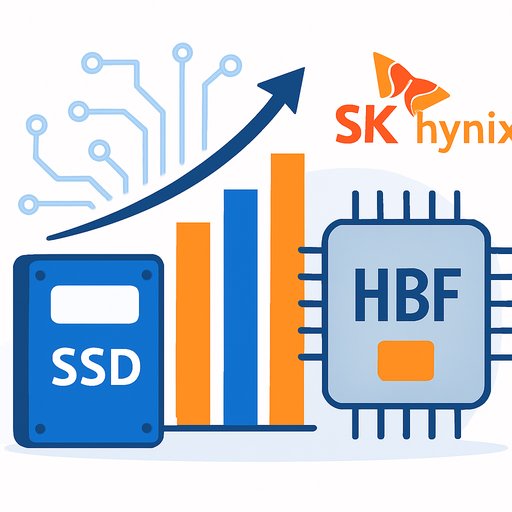Microsoft commits $30B to UK AI: What product teams should plan for (2025-2028)
Microsoft announced a 30 billion USD investment in the United Kingdom focused on AI infrastructure and operations from 2025 to 2028. Half of the budget (15B) is earmarked for capital expenditures to expand cloud and AI infrastructure across the country. The other half funds ongoing operations: advanced research, AI model and product development, new game creation, datacenter operations, and customer-facing teams.
British Prime Minister Keir Starmer called the move a strong vote of confidence in the UK's leadership in AI and technology. The scale implies deeper local capacity, lower latency options, and stronger enterprise support for teams building AI-driven products.
Why this matters for product development
Expect more Azure and AI capacity in the UK, which can reduce time-to-market and improve data residency options. Greater local support and co-sell motion can speed validation, security reviews, and enterprise adoption. For gaming and interactive products, investment in new game creation signals more collaboration opportunities across Microsoft's ecosystem.
Timeline and allocation
- 2025-2028: Total 30B USD in the UK.
- 15B USD in capex: expansion of cloud and AI infrastructure (new and scaled datacenter resources).
- 15B USD in operations: advanced research, AI model and product development, game development, datacenter operations, customer sales and support.
What to do next (product leaders and PMs)
- Capacity planning: engage your Microsoft/Azure reps to map UK-region availability for GPU/AI services and projected quotas. Lock in reservations for critical workloads where possible.
- Latency and data residency: evaluate moving AI inference and sensitive data to UK regions to cut latency and meet regulatory requirements. Re-run privacy impact assessments with UK options in scope.
- Roadmap alignment: schedule integrations with Azure OpenAI and Copilot services where they drive measurable outcomes (time saved, conversion lift, reduced support tickets). Tie each integration to a KPI.
- Co-innovation and GTM: explore ISV/partner programs and co-sell opportunities. Early alignment can unlock credits, marketing support, and enterprise intros.
- Talent and upskilling: anticipate hiring competition for AI roles; create an internal training track for prompt design, RAG pipelines, evaluation frameworks, and safe rollout patterns.
- Risk and cost controls: set budget guards for AI inference, batch vs. real-time use, and model selection. Build evaluation gates for quality, fairness, and security before expanding usage.
- Gaming and interactive: if you ship in gaming or real-time media, watch for collaboration avenues tied to new game creation and content tooling.
Signals to watch
- New or expanded UK Azure regions and services becoming generally available.
- Updated enterprise programs, credits, or co-sell incentives tied to UK-based deployments.
- Research partnerships and model announcements coming out of UK teams.
Resources
Bottom line: more UK-local capacity and support means faster build cycles and fewer deployment blockers. If AI is core to your roadmap, treat 2025-2028 as an opportunity to secure capacity, clean up data pathways, and scale what already works.
Your membership also unlocks:






